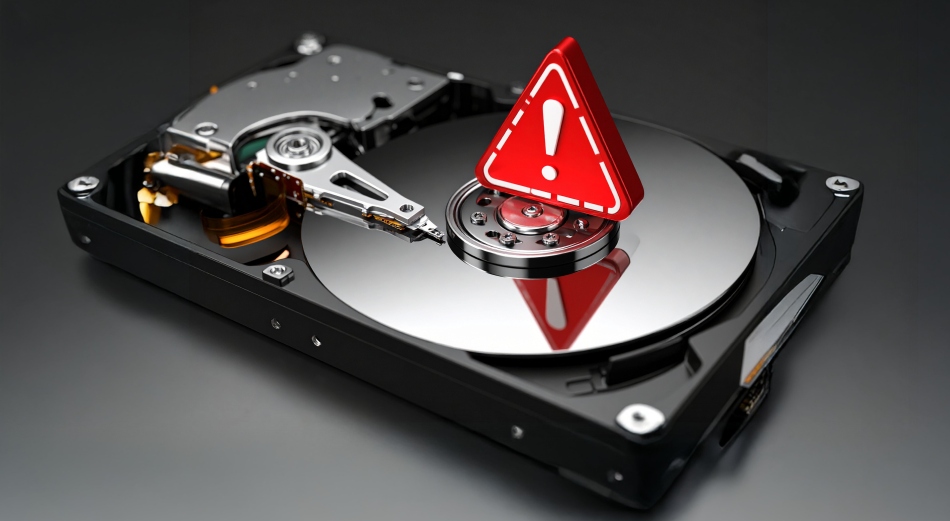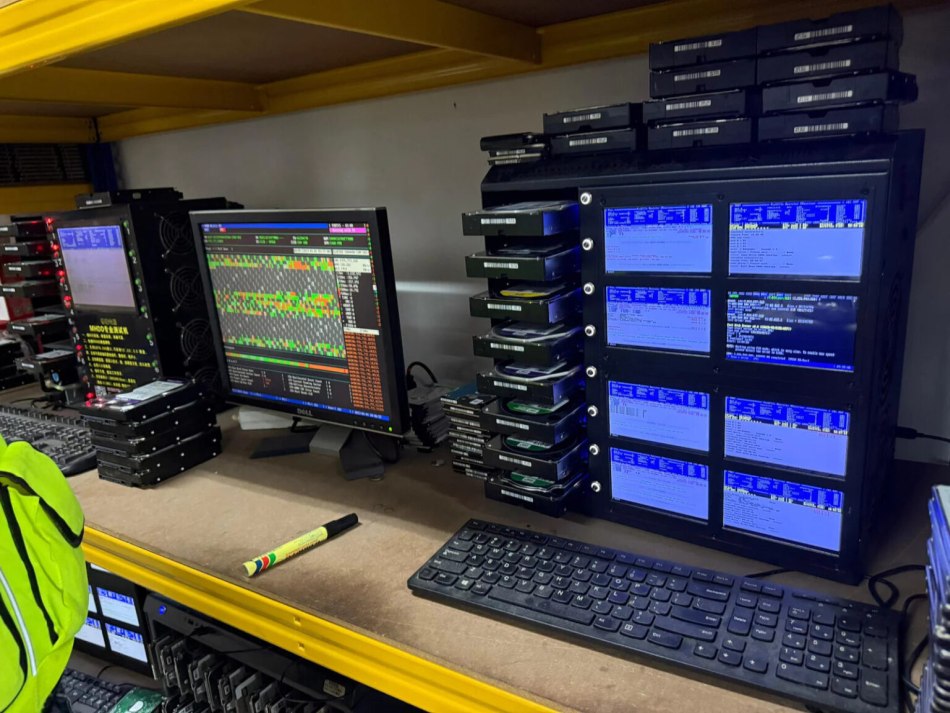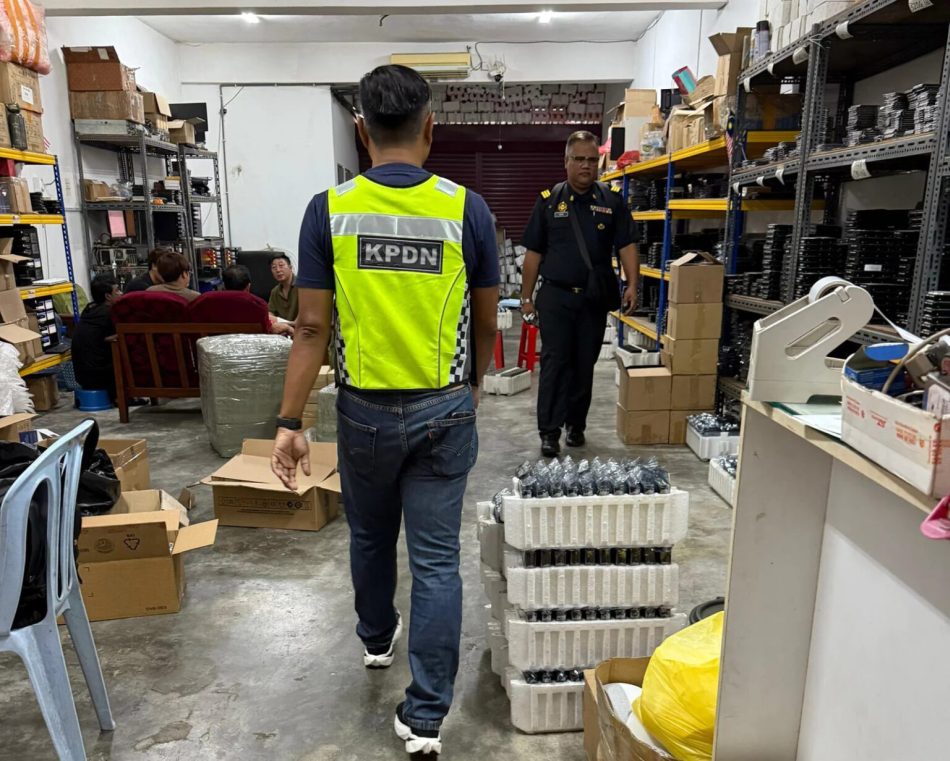
A Seagate-led investigation has uncovered a counterfeit hard drive operation in Malaysia that was refurbishing heavily used storage devices and reselling them as new across major online marketplaces.
The scheme affected not only Seagate products but also drives from Western Digital and Toshiba.
The fraudulent activity came to light after hundreds of consumers, mostly in German-speaking countries, but also in the US and Australia, reported receiving suspicious drives that were advertised as new. According to Heise, the drives had originated in China and were likely used in Chia cryptocurrency mining farms, which place significant strain on storage media. Once mining became unprofitable, the drives were resold, often without disclosure of their prior usage.
While selling used drives is not inherently illegal, the fraud occurred when perpetrators reset S.M.A.R.T. (Self-Monitoring, Analysis and Reporting Technology) attributes, key health metrics used to assess a drive’s condition, and reintroduced the devices into the supply chain as brand-new products. The deception was uncovered primarily because Seagate hard drives retain non-resettable internal usage records that allowed verification of prior usage.
The scale of the fraud is significant. Seagate estimates that up to a million drives previously used in the Chia network may have entered the market, although the exact number falsely sold as new remains unknown. The counterfeit drives were distributed through a mix of large online retailers and small resellers, some of whom may have been unaware of the true origin of the hardware.
In May 2025, Seagate’s security team, working with the Malaysian Ministry of Domestic Trade, raided a small workshop near Kuala Lumpur. The facility functioned as a complete logistics hub, managing online sales, fulfillment, and product manipulation, which Seagate’s Senior Security Manager Roy Khuan described as “end-to-end fraud.” Inside, authorities seized nearly 700 Seagate drives (including high-capacity 18TB models), along with equipment for tampering with S.M.A.R.T. values. Drives from Toshiba and Western Digital were also found in the process of being modified.

Heise
The workshop’s fraudulent inventory was being sold on popular Southeast Asian e-commerce platforms Shopee and Lazada. A Seagate distribution manager in Malaysia initially spotted the anomaly due to unusually low prices on certain high-capacity listings and alerted the company’s security division. After purchasing a suspect unit and confirming it had been falsified, Seagate informed law enforcement.
Six workers were found operating the workshop during the raid, performing tasks such as cleaning, relabeling, and repackaging the drives. Investigators also captured the order fulfillment process on video. Notably, some drives were deceptively “upgraded” during rework. For example, desktop-class models were rebranded as higher-end surveillance drives to fetch higher prices. Seagate believes the drives originally came from China, reinforcing earlier research findings from affected users.
Seagate’s Vice President for Global Trust and Security, John Abrenilla, noted that similar scams are widespread across multiple online marketplaces and are frequently operated by criminal syndicates. The arrested workers are likely low-level operatives, paid meager wages while the profits flowed upward through organized networks.

Heise
Fake drives flood the market
To help combat future fraud, Seagate has enhanced its partner program. Authorized resellers are now contractually obligated to procure drives exclusively from verified Seagate distributors. The company has also implemented Global Trade Screening (GTS) checks to prevent relationships with entities flagged for suspicious activity or sanctions violations.
More guidance is available on Seagate’s Counterfeit Awareness page, where users can learn to spot fake or misrepresented drives. Customers who suspect they’ve purchased a fraudulent product are encouraged to report it anonymously through Seagate’s ethics hotline or directly at fraud@seagate.com.
The presence of falsified Toshiba and Western Digital drives, harder to verify due to their lack of embedded tamper-resistant data, indicates that the problem may be broader than initially believed.
Given the risk with second-hand or even devices sold as brand new, consumers are advised to only buy from authorized sellers or well-known retail platforms with solid return policies. When receiving a new drive, verify its serial number and use the vendor’s warranty lookup to check the drive’s warranty status and confirm its authenticity. In general, deals that seem too cheap should be entirely avoided, as significant deviations from the expected price tag may indicate gray market or counterfeit inventory. If the physical packaging carries signs of resealing, damaged labels, or inconsistencies in branding, there’s a strong possibility that you’re holding a falsified product.







Leave a Reply